Tax loss from smuggled cigarettes could skyrocket
On the morning of July 16, the Vietnam Tax Consultants Association (VTCA) in collaboration with the Institute of Strategy and Financial Policy - Ministry of Finance organized a workshop on "Special consumption tax on tobacco products", addressing the issue of increasing special consumption tax on tobacco products.
The draft Law on Special Consumption Tax (amended) is being consulted and finalized by the Ministry of Finance. The contents proposed by the Ministry of Finance aim to limit production and regulate consumption in order to achieve the goal of reducing tobacco use rate of the National Strategy on Prevention and Control of Tobacco Harms by 2030, approved by the Prime Minister .
Specifically, the Ministry of Finance proposed applying a mixed tax, including a relative tax - also known as a percentage tax, kept at 75% and adding an absolute tax rate according to the annual increase schedule from 2026 to 2030.
Regarding the absolute tax rate, the Ministry of Finance proposed two options. Option 1 would increase by VND2,000/bag in the first year and reach an increase of VND10,000 in 2030. Option 2 would increase by VND5,000/bag from 2026 and increase by VND1,000/bag in the next 5 years to reach VND10,000/bag in 2030.
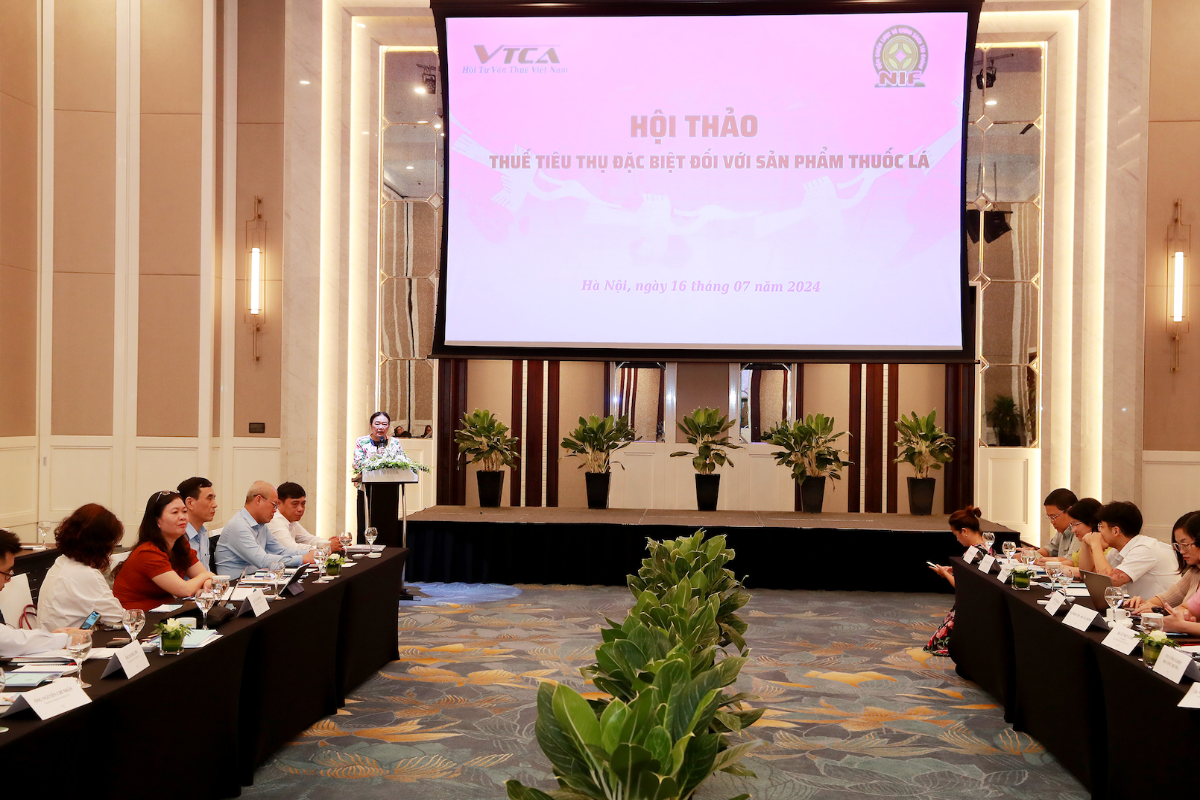
Assessing the impact of adjusting the special consumption tax rate on cigarettes through an analytical model by a research team from the Institute of Strategy and Financial Policy shows that by 2030, legal cigarette output in both options proposed by the Ministry of Finance will decrease sharply, while the amount of smuggled cigarettes will increase sharply.
This results in a negligible reduction in total cigarette consumption, only 7% in both scenarios compared to 2025.
With the two proposed tax increases, state budget revenue will increase by an average of 13% per year. However, the tax evasion rate due to smuggled cigarettes will increase by an average of 33-34% per year due to consumers changing their consumption behavior due to the rapid tax increase.
The research team's representative, Ms. To Kim Hue, stated: The analysis model also shows that cigarette manufacturers are forced to transfer the entire impact of increased taxes to consumers by increasing product prices, from which consumers will switch to smuggled cigarettes.
“This will cause heavy damage to the tobacco industry, businesses could go bankrupt in a short time when revenue drops by about 32-35%,” Ms. Hue said.
From the perspective of a consulting firm, looking at the experience of other countries in increasing excise tax on tobacco and looking at the story of Vietnam, Ms. Dinh Thi Quynh Van, Chairman of PwC Vietnam, said that if excise tax increases too quickly in Vietnam, legal cigarette output could decrease by more than 70% by 2030 compared to the present; smuggled cigarettes could increase to 50 billion cigarettes by 2030.
“The loss of revenue from smuggled cigarettes could reach VND40,000 billion by 2030, compared to the current VND5,000-6,000 billion/year. It is necessary to carefully consider and evaluate the impacts from all aspects; delay the tax increase progress, avoid shocking increases that negatively affect the market and the industry. At the same time, effective anti-smuggling measures are needed,” Ms. Van expressed her opinion.
Supporting the increase in special consumption tax to help regulate consumer behavior and increase budget revenue, Mr. Kieu Duong, Director of the Policy and Legal Department (General Department of Market Management, Ministry of Industry and Trade ), also expressed concern that when taxes on legal tobacco products suddenly increase, the selling price of legal tobacco also increases, consumers will turn to smuggled cigarettes as a substitute.
Consider appropriate tax rates and roadmaps
Considering that the Law on Special Consumption Tax is in need of adjustment and revision, Ms. Nguyen Minh Thao, Head of the Business Environment and Competitiveness Department (Central Institute for Management and Economic Research), emphasized: "The National Assembly has included this draft law in the program for revision, but we also need to consider the current context; tax rates, roadmap for adjustment and tax increase."
This person analyzed that if issued in May 2025, the Special Consumption Tax Law (amended) will be implemented from 2026. Never before have businesses faced such difficulties as in the 2023-2024 period. If applied from 2026, it will be a huge pressure on the business community. The Ministry of Finance needs to study, consider, and propose how to come up with appropriate tax rates and tax increase roadmaps.
“With this draft law, in addition to tobacco, many other industries have also reflected that the roadmap is too rushed and rushed, and businesses cannot react in time. Businesses have long-term investment plans and business strategies. The law should be carefully considered to ensure stable investment and business for businesses,” said Ms. Thao.
With a specific roadmap and tax rate, representatives of the Vietnam Tobacco Association and many tobacco manufacturing and trading enterprises in Vietnam proposed that the Ministry of Finance amend the special consumption tax policy by applying a moderate absolute special consumption tax rate with a reasonable tax increase roadmap until 2030.
Specifically, the representatives proposed an absolute tax rate of VND1,000/pack of 20 cigarettes in 2026 and an increase of VND500/year or VND1,000/pack every 2 years in the following years; by 2030 it will be VND3,000/pack.
This option creates a reasonable tax increase, supporting legal tobacco businesses to have time to adapt and stabilize production, thereby minimizing negative impacts on workers' employment and ensuring social security.
Affirming the need to amend the Law on Special Consumption Tax in general, including the tax rate on tobacco products, Mr. Nguyen Minh Tan, Deputy Director of the Department of Finance and Budget (Office of the National Assembly), said that it is necessary to clarify the urgency and necessity. Accordingly, the Ministry of Finance needs to carefully study and balance many factors. It is necessary to carefully assess the impact on budget revenue, socio-economic aspects, and business production of enterprises...
Source: https://vietnamnet.vn/tang-thue-tieu-thu-dac-biet-thuoc-la-se-dat-den-muc-nao-2302400.html



![[Photo] 60th Anniversary of the Founding of the Vietnam Association of Photographic Artists](/_next/image?url=https%3A%2F%2Fvphoto.vietnam.vn%2Fthumb%2F1200x675%2Fvietnam%2Fresource%2FIMAGE%2F2025%2F12%2F05%2F1764935864512_a1-bnd-0841-9740-jpg.webp&w=3840&q=75)

![[Photo] National Assembly Chairman Tran Thanh Man attends the VinFuture 2025 Award Ceremony](/_next/image?url=https%3A%2F%2Fvphoto.vietnam.vn%2Fthumb%2F1200x675%2Fvietnam%2Fresource%2FIMAGE%2F2025%2F12%2F05%2F1764951162416_2628509768338816493-6995-jpg.webp&w=3840&q=75)




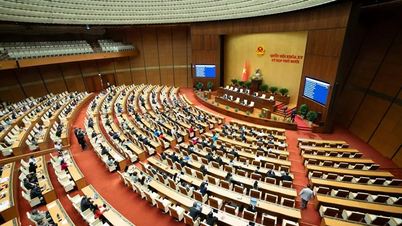





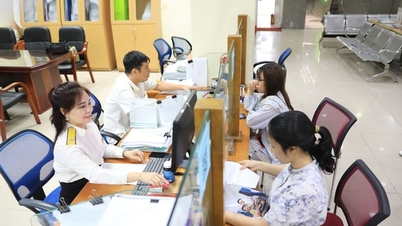





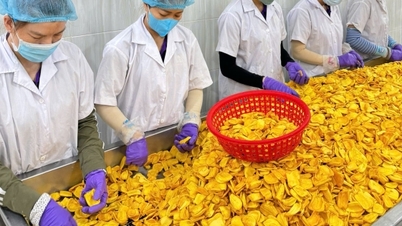
























































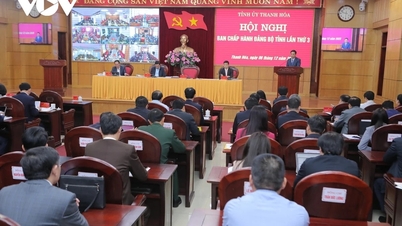



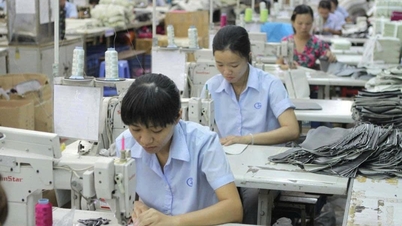

























Comment (0)